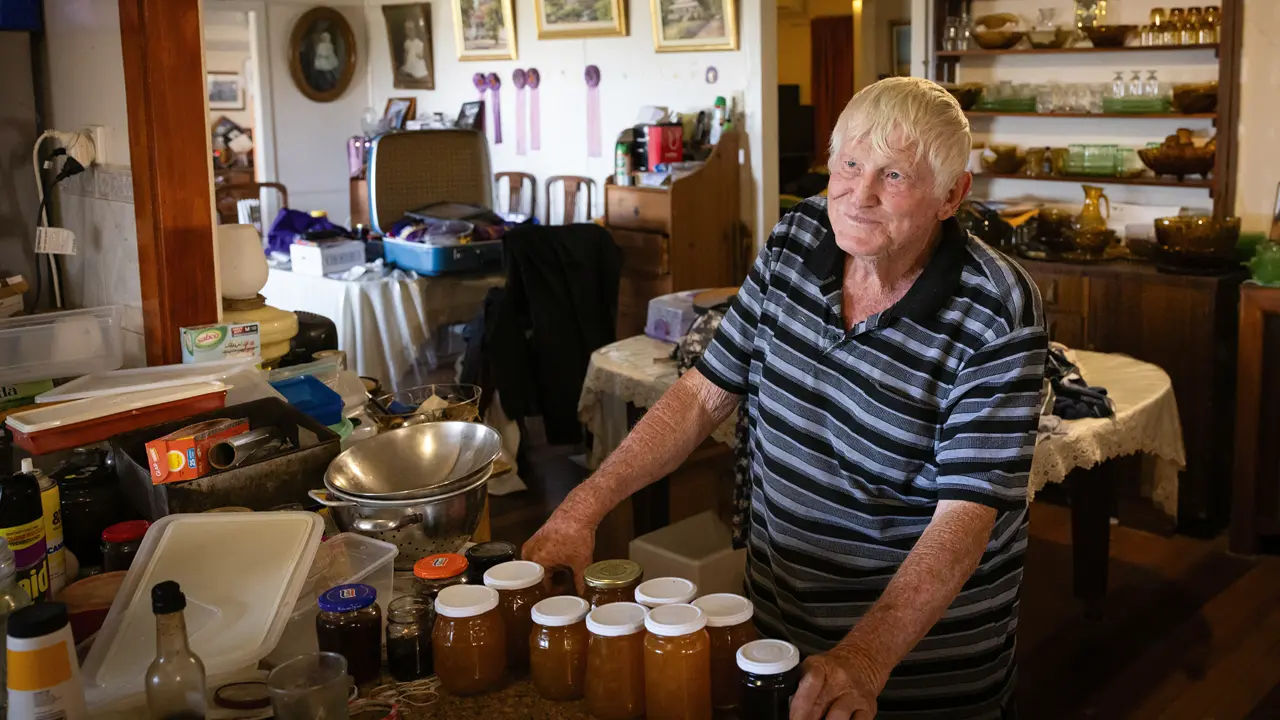Getting rural communities to talk, and hence survive, is what drives the country’s youngest ever Rural Woman of the Year, Caroline Robinson.
Story By Fleur Bainger
Sitting at a cafe with a notebook open in front of her and a mobile phone that rings regularly, Caroline Robinson lists the places she’s driven to over the past fortnight until she runs out of fingers. To motor 2000 kilometres a week isn’t out of the ordinary, nor is balancing her home-based business with a demanding volunteer role that together cover 44 rural shires, along with country hockey games, ballet classes and, one of her favourite pastimes, sitting on the tractor with husband Ian.
Despite her frenetic schedule, the tall, slender 28-year-old with piercing blue eyes doesn’t show any signs of fatigue. Tight brown curls frame an attentive face, and enthusiasm, passion and drive pour from her like a waterfall, cascading to envelop all those around her. It’s no wonder she’s achieved so much in so little time.
Her vehicle is the Wheatbelt Development Network, a not-for-profit, volunteer-propelled organisation she started in March 2010 to develop, promote and interconnect businesses in Western Australia’s drought-ravaged wheatbelt. At the heart of the network is a drive to keep rural communities alive and provide the region – which is double the size of Tasmania – with a voice that’s heard both at home and right across the state. “People often ask me why I’m doing it,” she says. “I say that I’m trying to better our region.”
Her efforts, all unpaid, haven’t gone unnoticed. She recently became the youngest recipient of the Rural Industries Research and Development Corporation’s (RIRDC) Rural Woman of the Year for 2011 award, after her local shire, Narembeen, sent in a nomination. After only a year of drumming up enthusiasm for networking, she has two shires signed up and three more in the queue, at least 60 members and plenty of cynics changing their minds. She also has six volunteers to support her work. “I just want to see things improve, that’s my goal,” she says. “This is long-term stuff. We’re [part of] a great region as it is, but we can get better.”
This story excerpt is from Issue #78
Outback Magazine: Aug/Sept 2011









